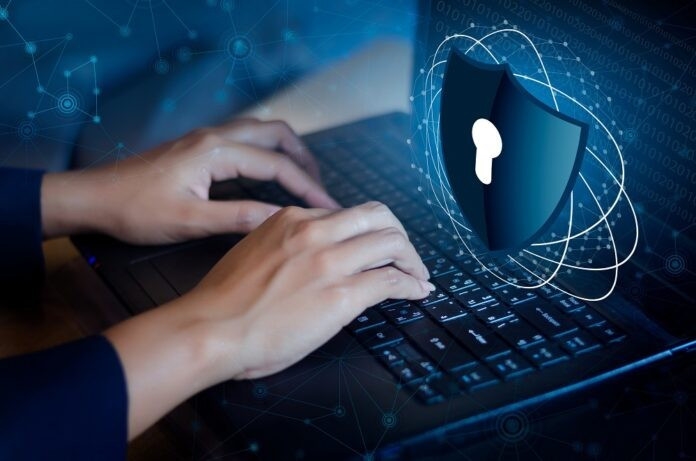Speaking to the Vietnam News Agency’s correspondents in New Delhi, Mittal described the convention as the U.N.’s first global cybercrime treaty in nearly two decades, aimed at harmonizing national laws, enhancing cross-border investigative cooperation, sharing electronic evidence, and providing mutual legal and technical assistance.
    |
 |
|
(Photo for illustration: Mobile Europe) |
He sees the treaty as a major opportunity for countries like India to strengthen international collaboration, capacity building, and legal framework improvement.
The Indian official attributed the selection of Vietnam to host the opening ceremony to its active role in drafting the treaty, its robust legal framework exemplified by the 2018 Cybersecurity Law, effective enforcement, and highly skilled workforce. He noted Vietnam’s ranking among the top 20 countries in the 2024 Global Cybersecurity Index (GCI), with over 80% of the population engaged digitally. These factors, he said, position Vietnam as a perfect venue for this significant U.N. event.
Mittal noted that cybercrime has evolved beyond financially motivated individuals, fueled by the rapid expansion of the digital economy. He identified emerging threats, such as financial fraud targeting instant payment systems, social engineering scams like digital arrest (impersonating law enforcement forces to extort money), cross-border ransomware-as-a-service attacks, critical infrastructure assaults, enterprise supply chain intrusions, and the use of AI to generate misinformation and deepfakes affecting elections and public awareness.
Economically, cybercrime causes direct financial loss, disrupts business operations, harms corporate reputations, and raises legal and security costs. Socially, it erodes public trust in digital platforms, especially among the elderly and vulnerable, and can trigger psychological distress when essential services like energy, health care, or telecommunications are attacked.
On India’s cybersecurity framework, Mittal highlighted the country’s comprehensive legal structures and strong public-private cooperation. Key initiatives include the Information Technology Act 2000, the Indian Computer Emergency Response Team (CERT-In), the National Critical Information Infrastructure Protection Center (NCIIPC), the Indian Cyber Crime Coordination Center (I4C), and the Digital Personal Data Protection (DPDP) Act 2023.
He emphasized the collaboration among the Indian Government, Nasscom, and the Data Security Council of India (DSCI) to build a secure digital ecosystem and drive innovation.
Source: VNA